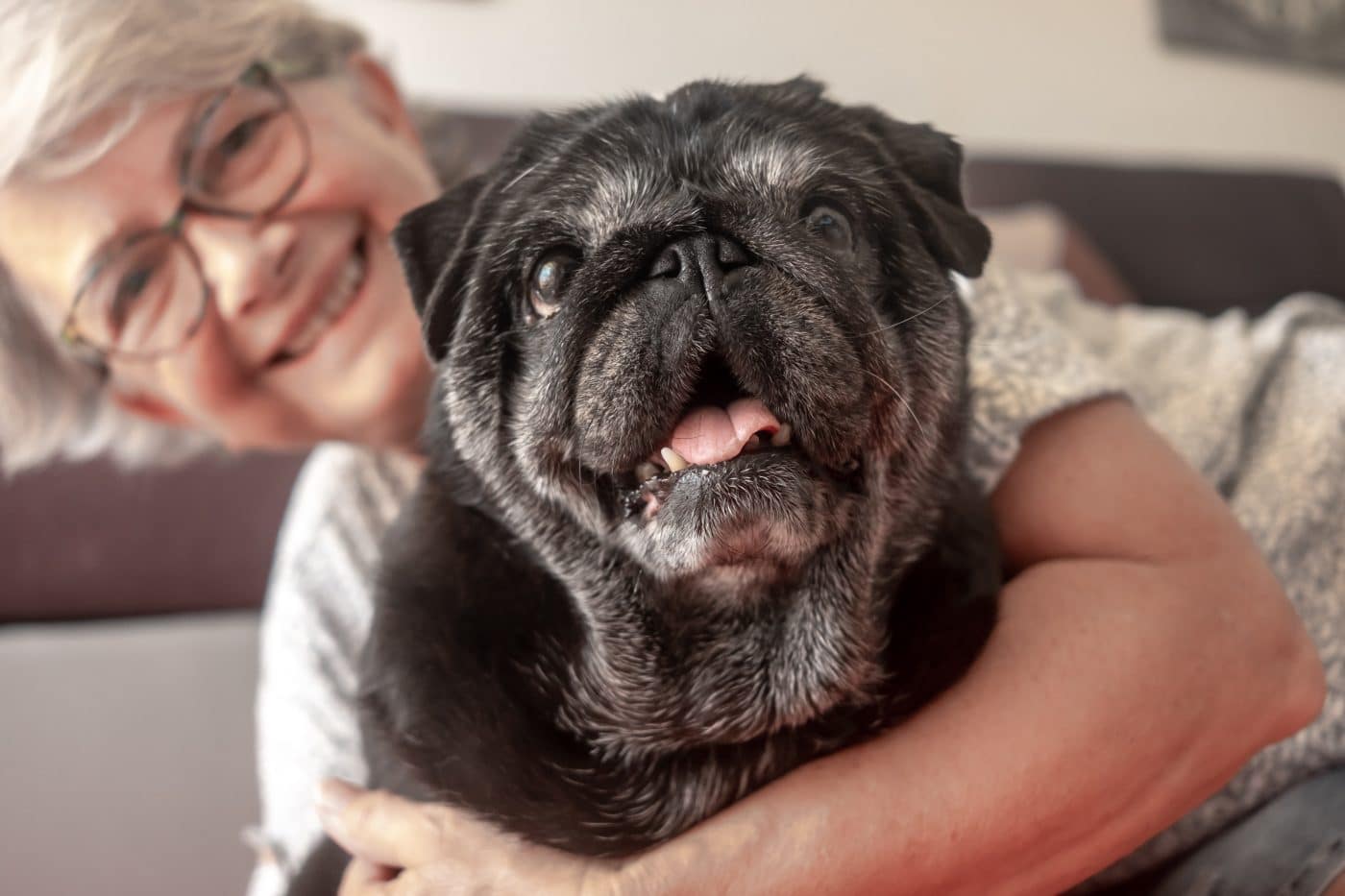 Shutterstock
Shutterstock
As dogs age, their needs and care requirements change. Senior dogs may not be as spry as they once were, but with the right care and attention, they can enjoy a long, healthy, and happy life well into their golden years. While many pet owners focus on the puppy years, it’s just as important to think about the unique needs of an aging dog. With proper diet, exercise, and veterinary care, senior dogs can continue to thrive. Here are some essential tips for keeping your senior dog healthy and content.
Regular Vet Checkups Are Essential
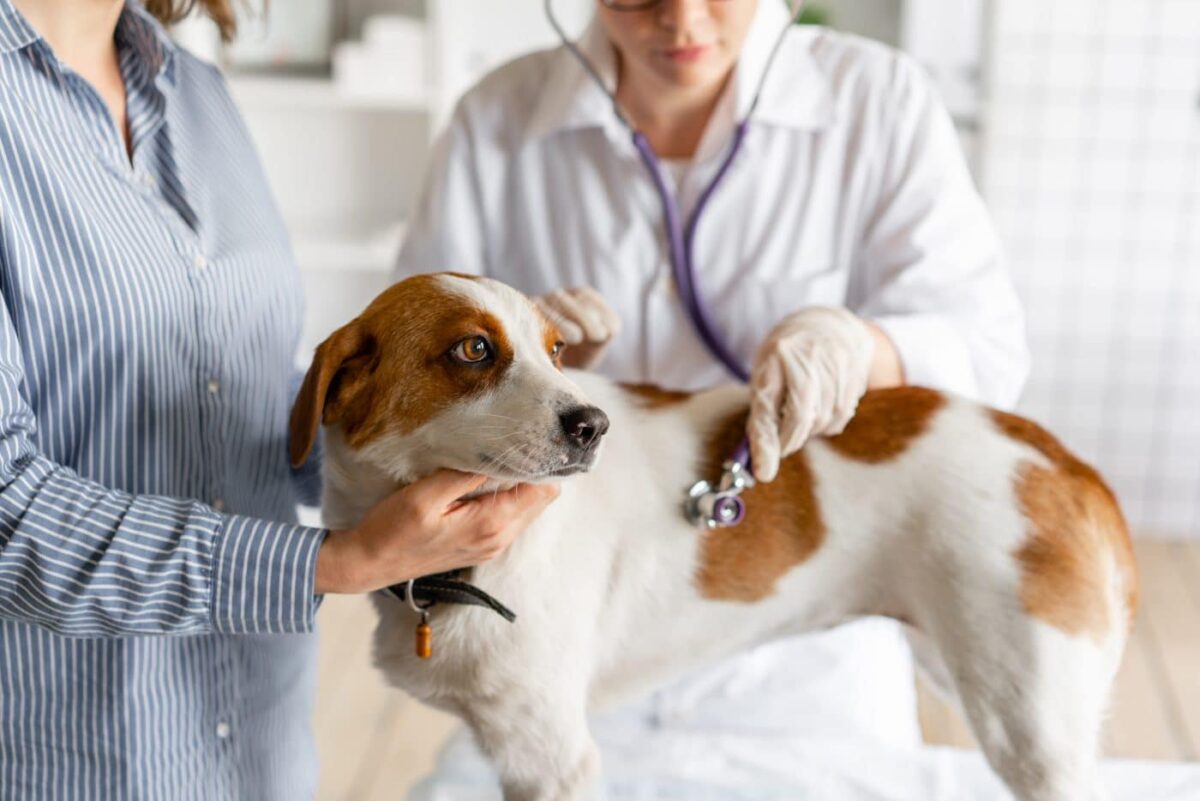 Shutterstock
Shutterstock
Routine veterinary visits become even more critical as your dog enters its senior years. Senior dogs are more prone to health issues such as arthritis, heart disease, dental problems, and kidney disease. Regular checkups allow your vet to catch any potential problems early before they become more serious. These visits often include blood work, a thorough physical examination, and other diagnostics that help keep track of your dog’s overall health. Having a regular vet on board also provides you with expert advice on how to best care for your senior pet as their needs evolve.
Tailored Diet for Senior Dogs
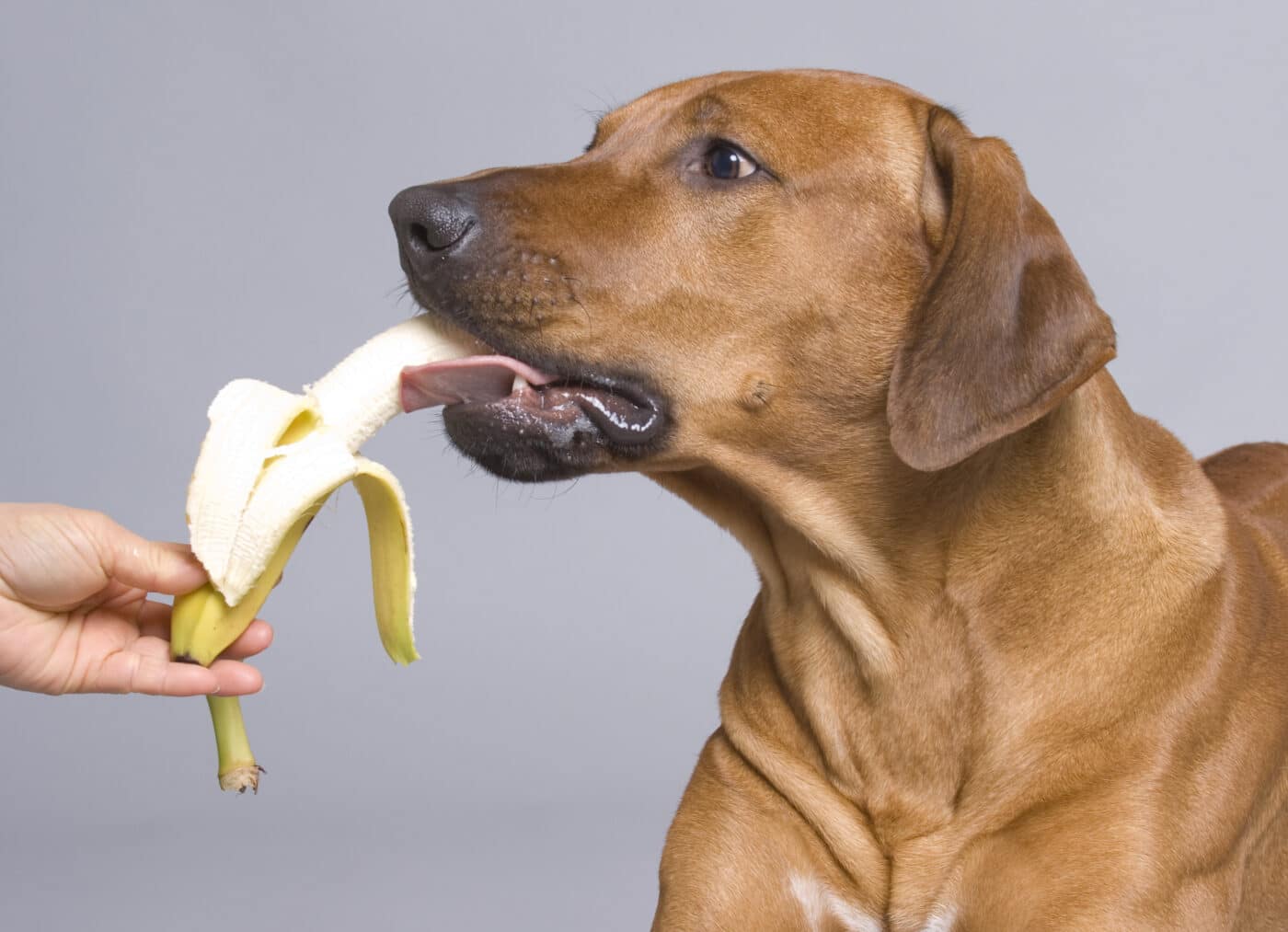 Shutterstock
Shutterstock
Just as our dietary needs change with age, so do those of our canine companions. Senior dogs often require a special diet that caters to their changing energy levels, metabolism, and potential health concerns. Most senior dog foods contain fewer calories to prevent weight gain, as older dogs tend to be less active. They also include ingredients that support joint health, like glucosamine and chondroitin, to help with arthritis. Make sure to discuss the best diet plan with your veterinarian, and avoid overfeeding or offering human food, which can lead to obesity or digestive issues.
Exercise for a Healthy Body and Mind
 Shutterstock
Shutterstock
While older dogs may not be as energetic as their younger selves, regular exercise is still crucial for maintaining their health. Daily walks, playtime, and mental stimulation help to keep your senior dog in good physical and mental shape. Low-impact activities like swimming or walking on soft ground can be easier on older joints, especially for dogs with arthritis or hip dysplasia. Mental exercise, such as puzzle toys or scent games, is just as important. It helps prevent cognitive decline, keeps their brain sharp, and provides a sense of purpose in their daily routine.
Maintain a Healthy Weight
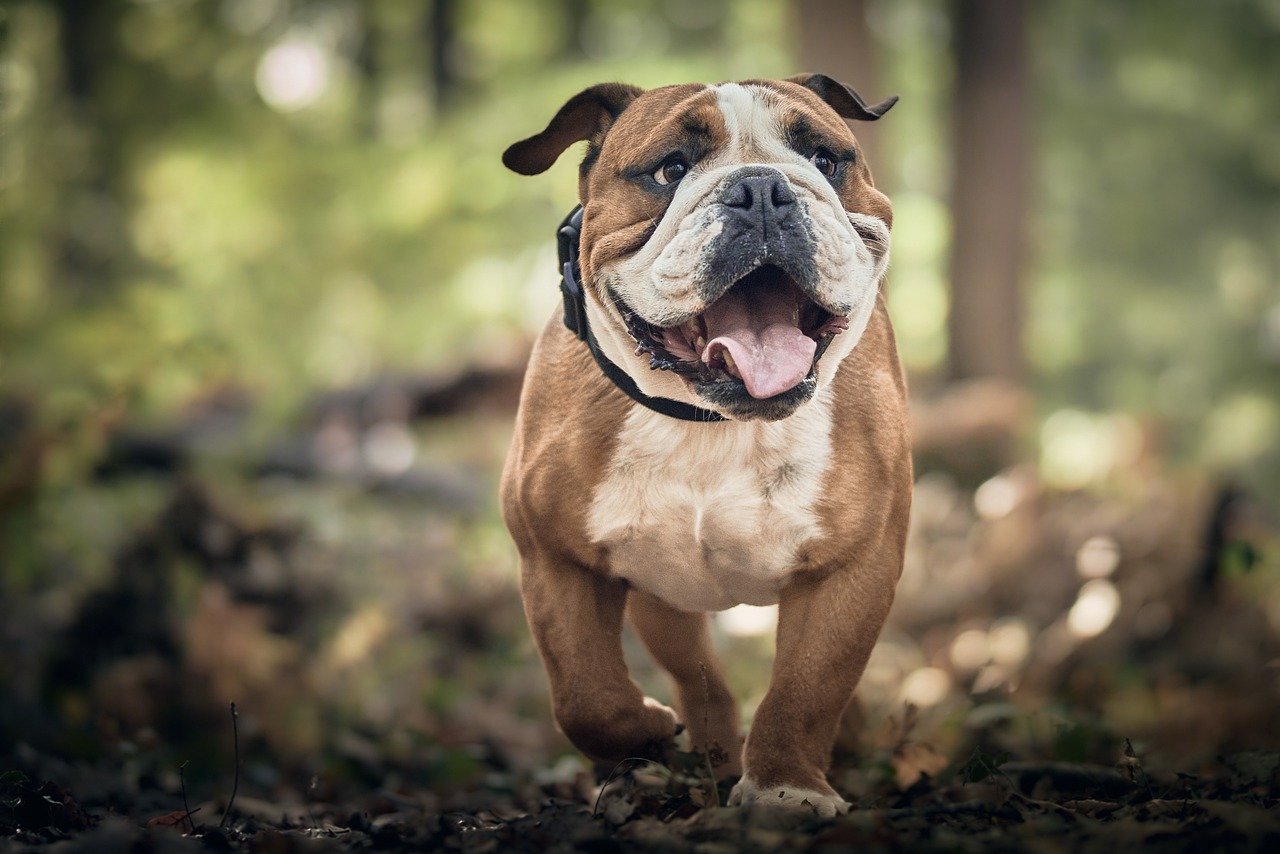 Shutterstock
Shutterstock
Maintaining a healthy weight is essential for all dogs, but it becomes even more critical for senior dogs. As they age, they tend to become less active, which can lead to weight gain. Extra weight puts unnecessary strain on their joints and can exacerbate conditions like arthritis, heart disease, and diabetes. On the flip side, being too thin can also be a concern, as it might indicate malnutrition or a medical issue. A balanced diet and portion control, along with regular exercise, can help keep your senior dog at a healthy weight and reduce the risk of obesity-related health problems.
Joint Care and Mobility Aids
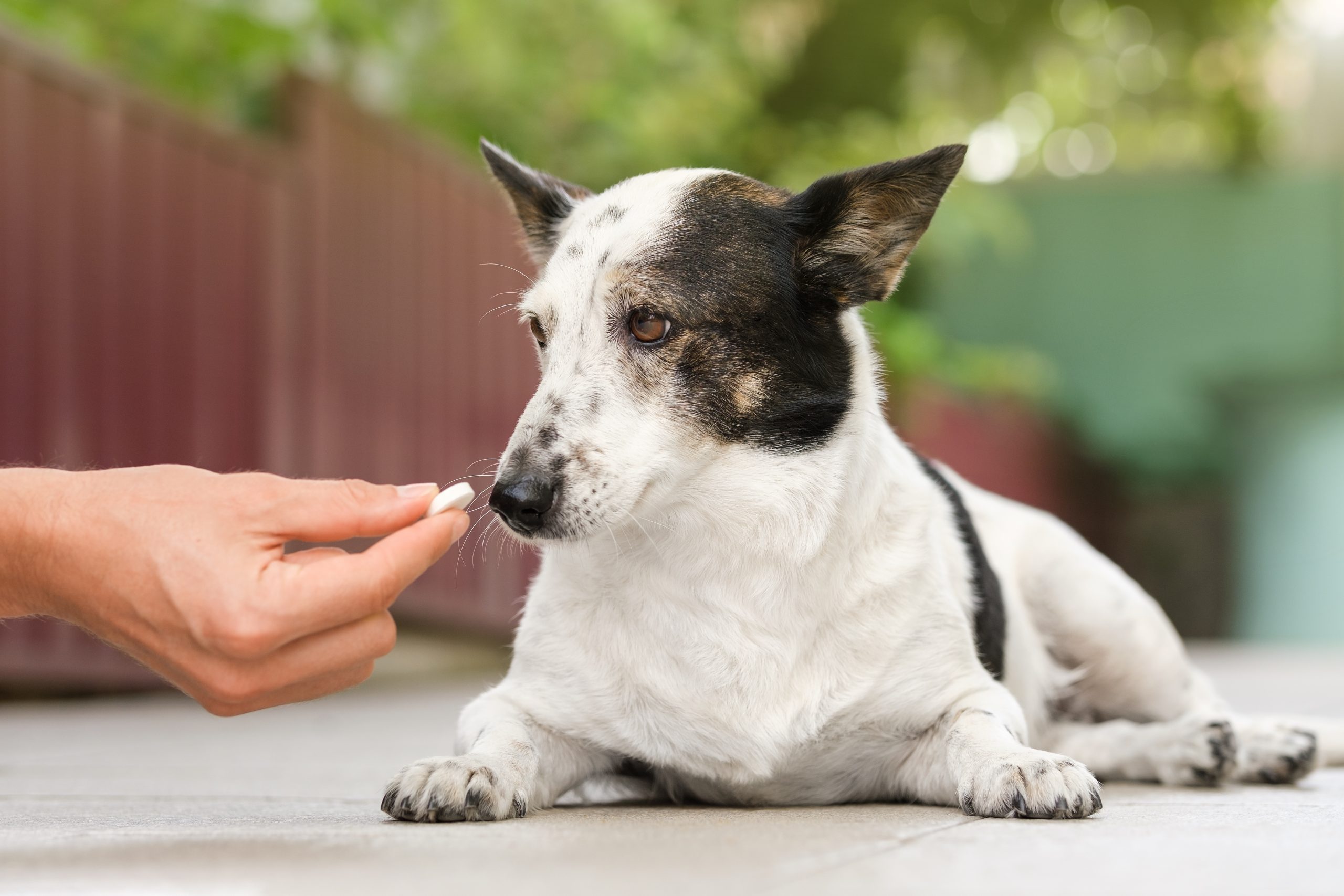 Shutterstock
Shutterstock
Joint problems are common in senior dogs, especially larger breeds, and can significantly affect their mobility. If you notice your dog limping, having difficulty standing or hesitating to jump onto furniture, they may be suffering from joint pain or arthritis. Supplements like glucosamine, chondroitin, and omega-3 fatty acids can help support joint health. Additionally, non-slip rugs, ramps, and orthopedic beds can make your dog’s environment more comfortable. If necessary, your vet may recommend medications or physical therapy to manage joint pain and improve your dog’s mobility.
Keep Their Teeth Clean
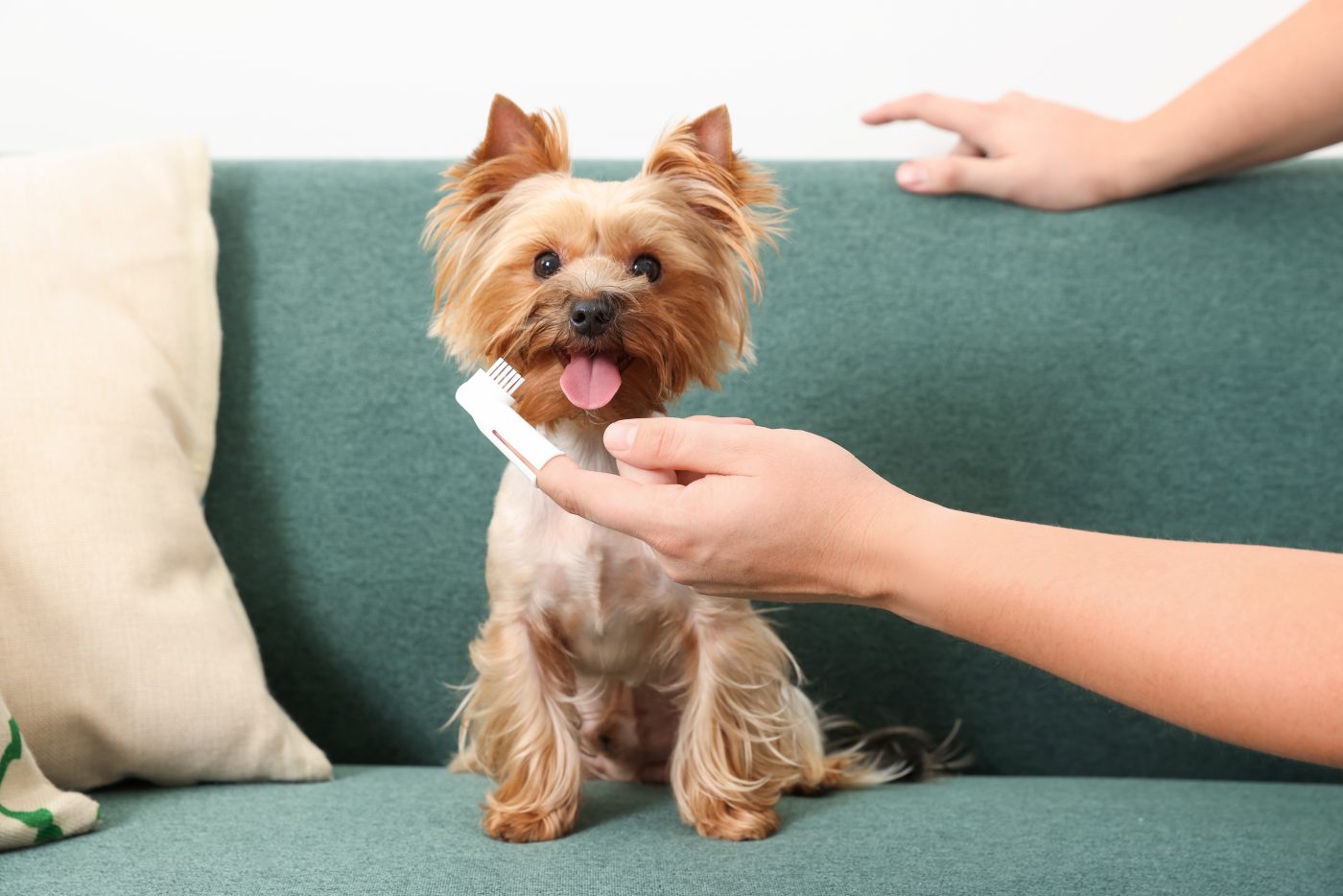 Shutterstock
Shutterstock
Dental health is a critical yet often overlooked aspect of senior dog care. As dogs age, they become more prone to dental issues like tartar buildup, gum disease, and tooth decay. Poor dental hygiene can lead to painful conditions, tooth loss, and even more serious health problems such as heart disease. Brushing your dog’s teeth regularly is the best way to prevent dental issues. If your dog is resistant to brushing, try dental chews, water additives, or specially designed-dental toys. Regular professional cleanings by a vet are also a good idea for older dogs.
Provide Mental Stimulation
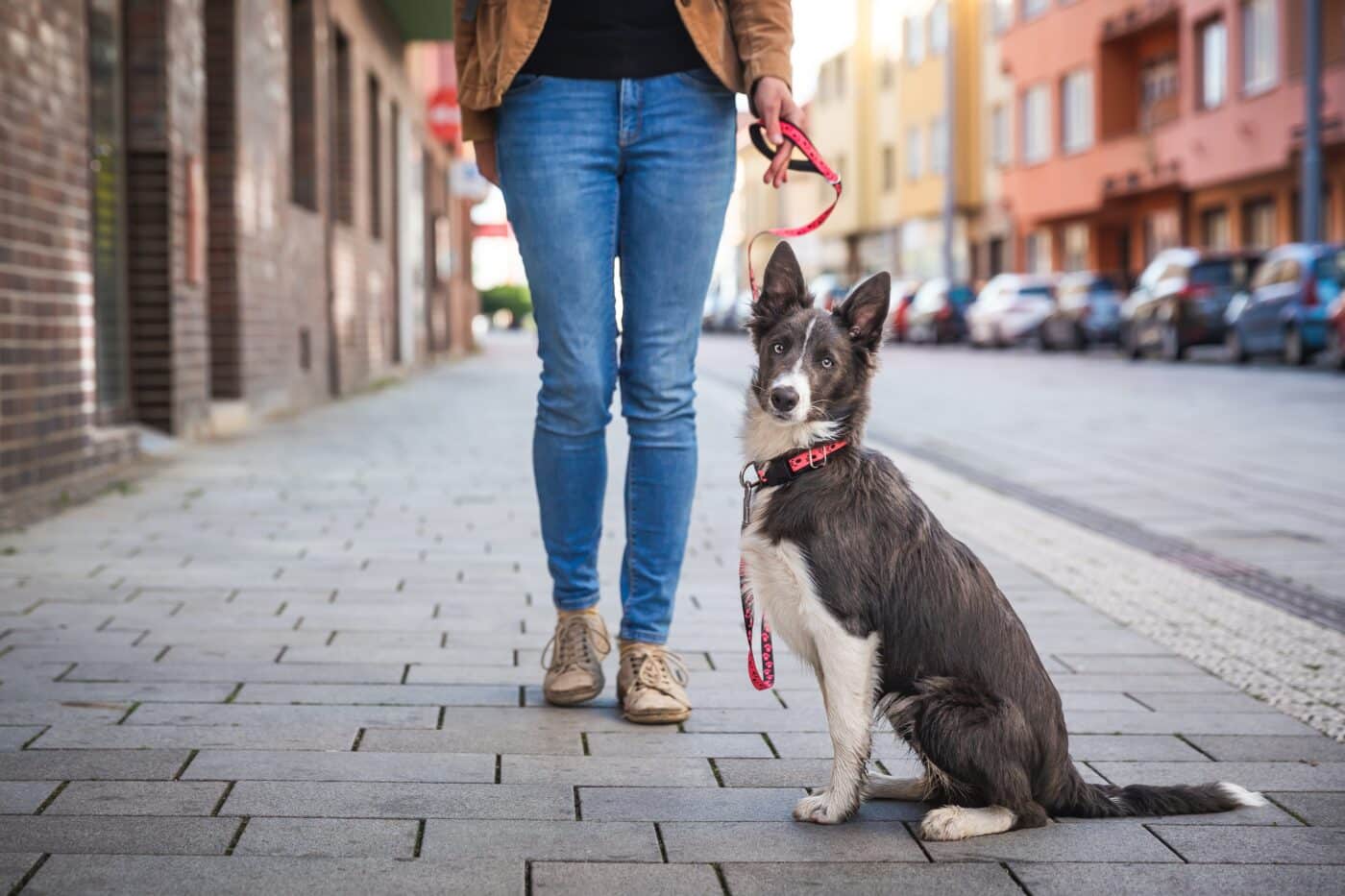 Shutterstock
Shutterstock
As dogs age, they may become less active, but that doesn’t mean they no longer need mental stimulation. Keeping your senior dog’s brain engaged is important for preventing cognitive dysfunction, a condition similar to dementia in humans. Puzzle toys, treat dispensers, and obedience training are excellent ways to provide mental exercise. Additionally, offering new smells, like going on different walks or using scent games, can help keep their senses sharp. Regular mental stimulation not only helps maintain cognitive function but also enriches their life, making them feel more engaged and less likely to become bored or depressed.
Regular Grooming and Hygiene
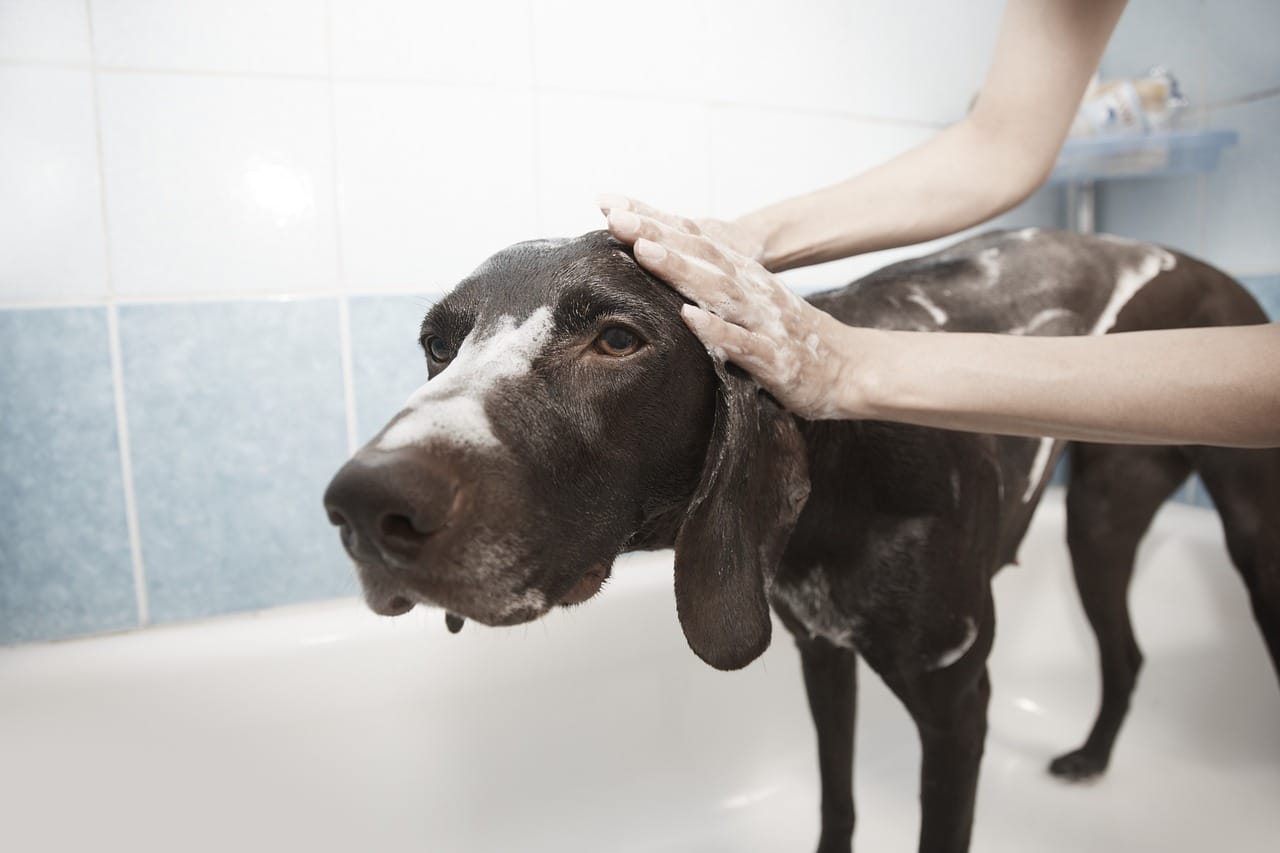 Shutterstock
Shutterstock
Senior dogs may not groom themselves as effectively as they did when they were younger. Regular grooming not only keeps your dog looking good but also helps monitor their overall health. Check their skin for any unusual lumps, bumps, or irritations, which could indicate underlying health problems. Make sure to trim their nails regularly, as older dogs may not wear them down naturally. Brushing your dog’s coat will also help with circulation, reduce shedding, and prevent matting. Furthermore, bathing your senior dog at appropriate intervals will keep them feeling fresh and comfortable.
Keep Them Hydrated
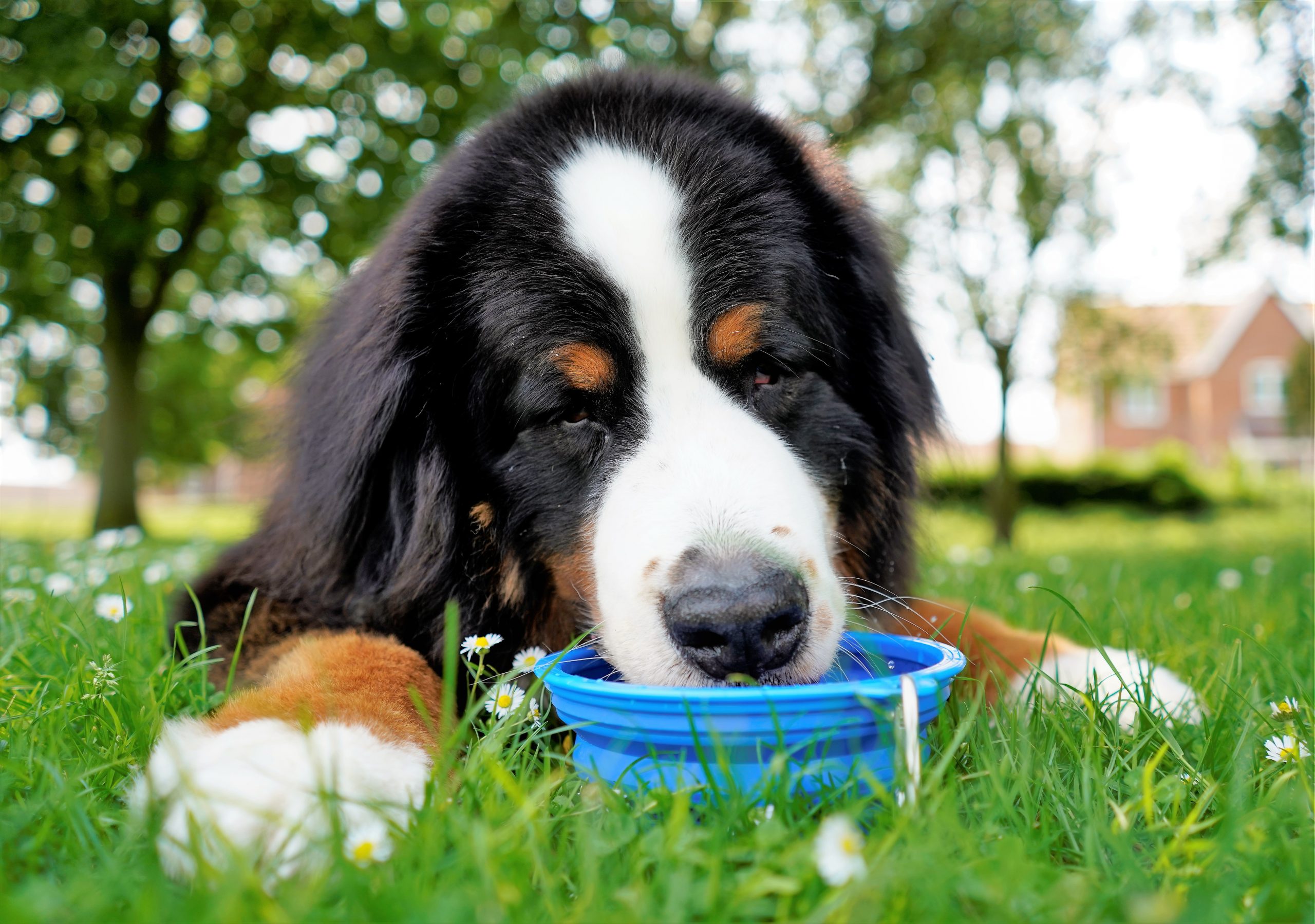 Shutterstock
Shutterstock
Hydration is just as important for senior dogs as it is for puppies. Older dogs may not drink enough water, which can lead to dehydration, especially if they have kidney disease or other health conditions. Make sure fresh, clean water is always available, and encourage your dog to drink by offering water bowls in easy-to-reach areas. Some senior dogs may benefit from wet food, which provides extra moisture in their diet. If your dog seems to be drinking less or more than usual, consult your vet to rule out any medical issues.
Maintain Their Dental Health
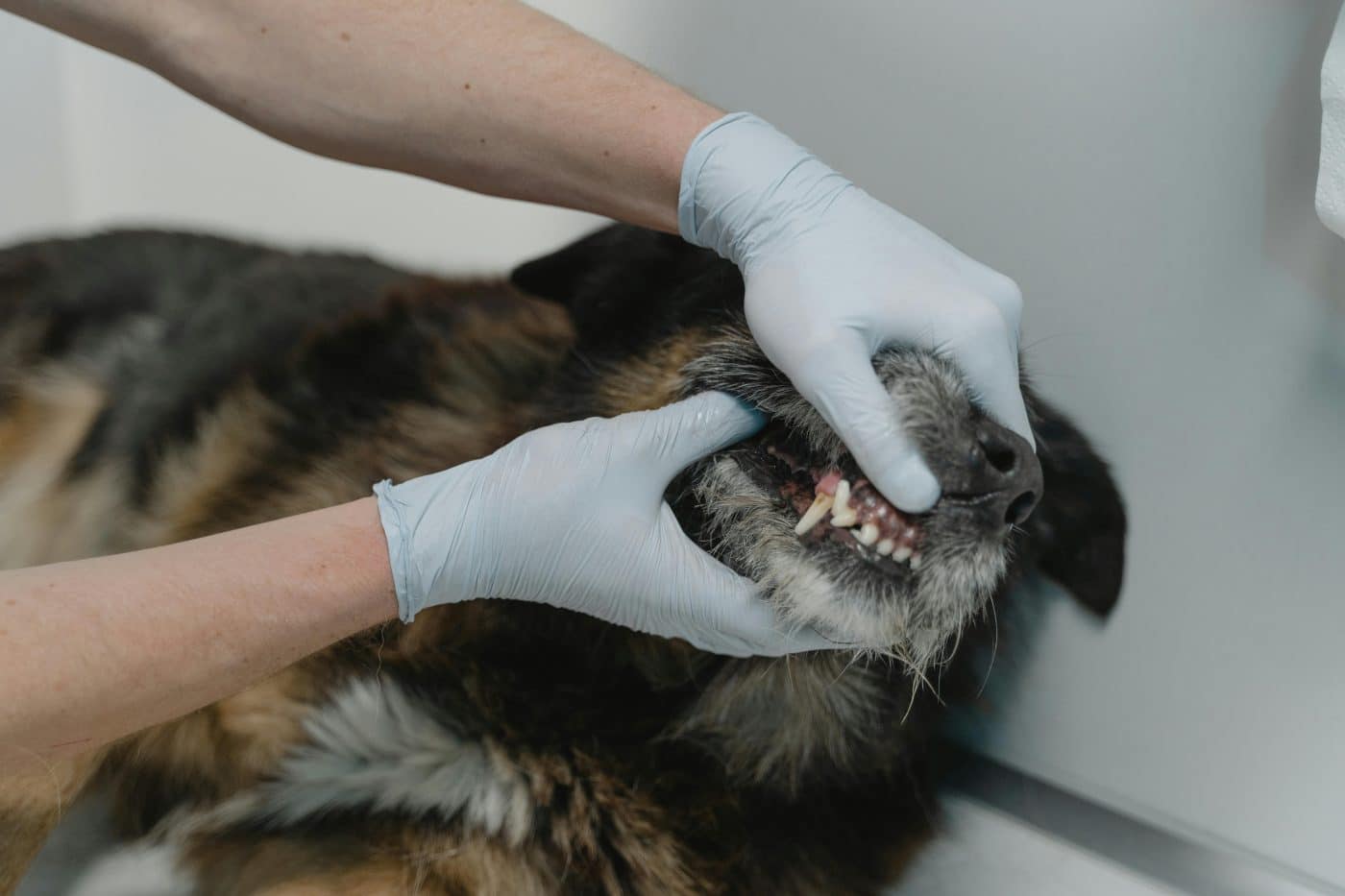 Shutterstock
Shutterstock
Dental issues are common in senior dogs, and poor oral health can lead to a range of problems, including tooth loss, gum disease, and even systemic infections that affect organs like the heart or kidneys. Regular brushing and dental check-ups can help keep your dog’s teeth and gums healthy. If your dog is resistant to brushing, dental chews, or specialized dental treats can help remove plaque and tartar buildup. If your dog hasn’t had a professional dental cleaning recently, consider scheduling an appointment with your vet to address any issues before they become more serious.
Monitor Their Bathroom Habits
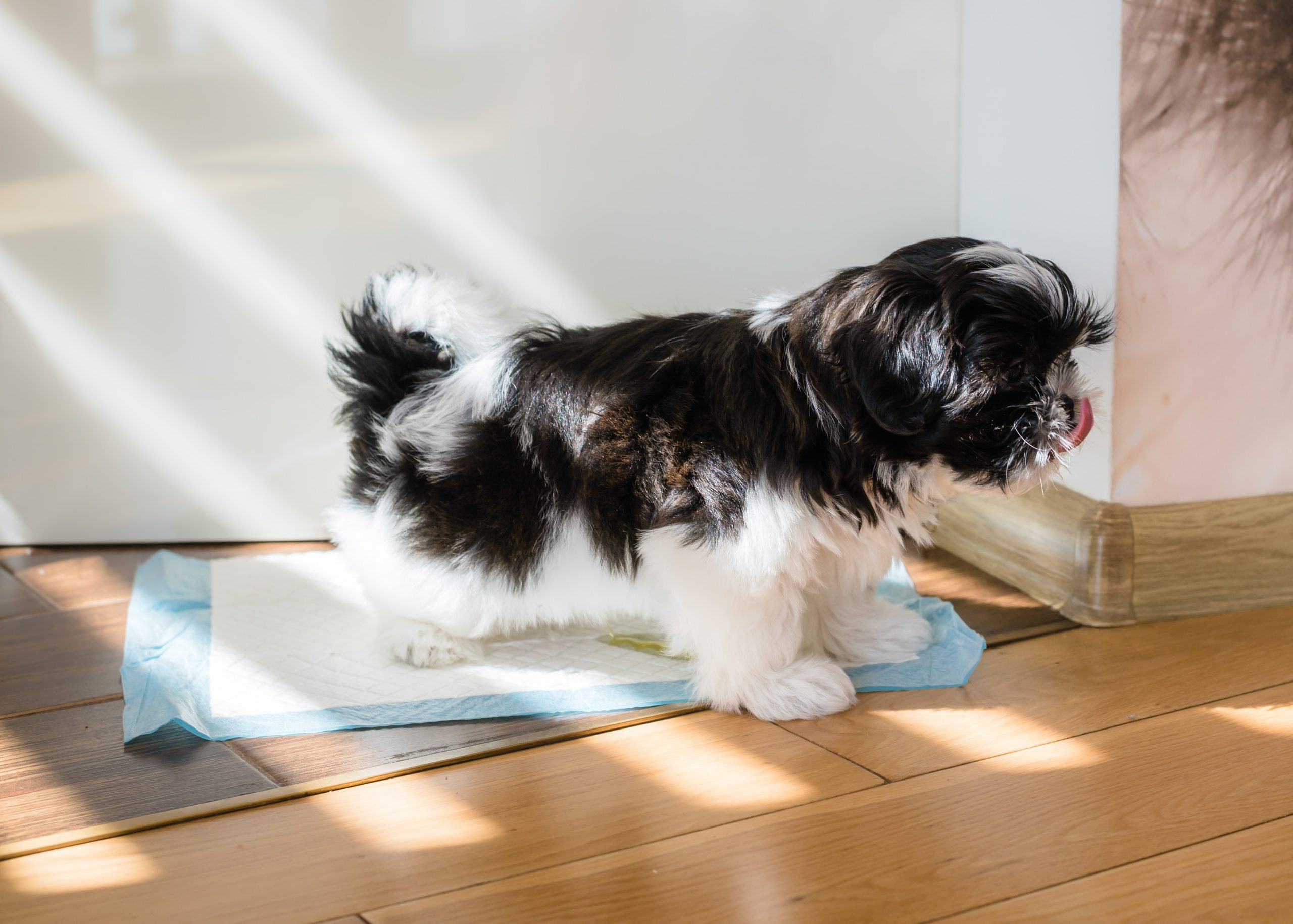 Shutterstock
Shutterstock
Senior dogs may develop urinary issues, including incontinence, more frequent urination, or difficulty holding their bladder. It’s important to monitor your dog’s bathroom habits closely. If you notice any changes, such as accidents in the house or straining to urinate, it may be a sign of an underlying health problem like a urinary tract infection or kidney disease. Regular bathroom breaks are essential for older dogs, and it’s important to give them access to an outdoor space as often as needed. Keeping track of these habits can help catch potential issues before they become more serious.
Provide a Comfortable Living Environment
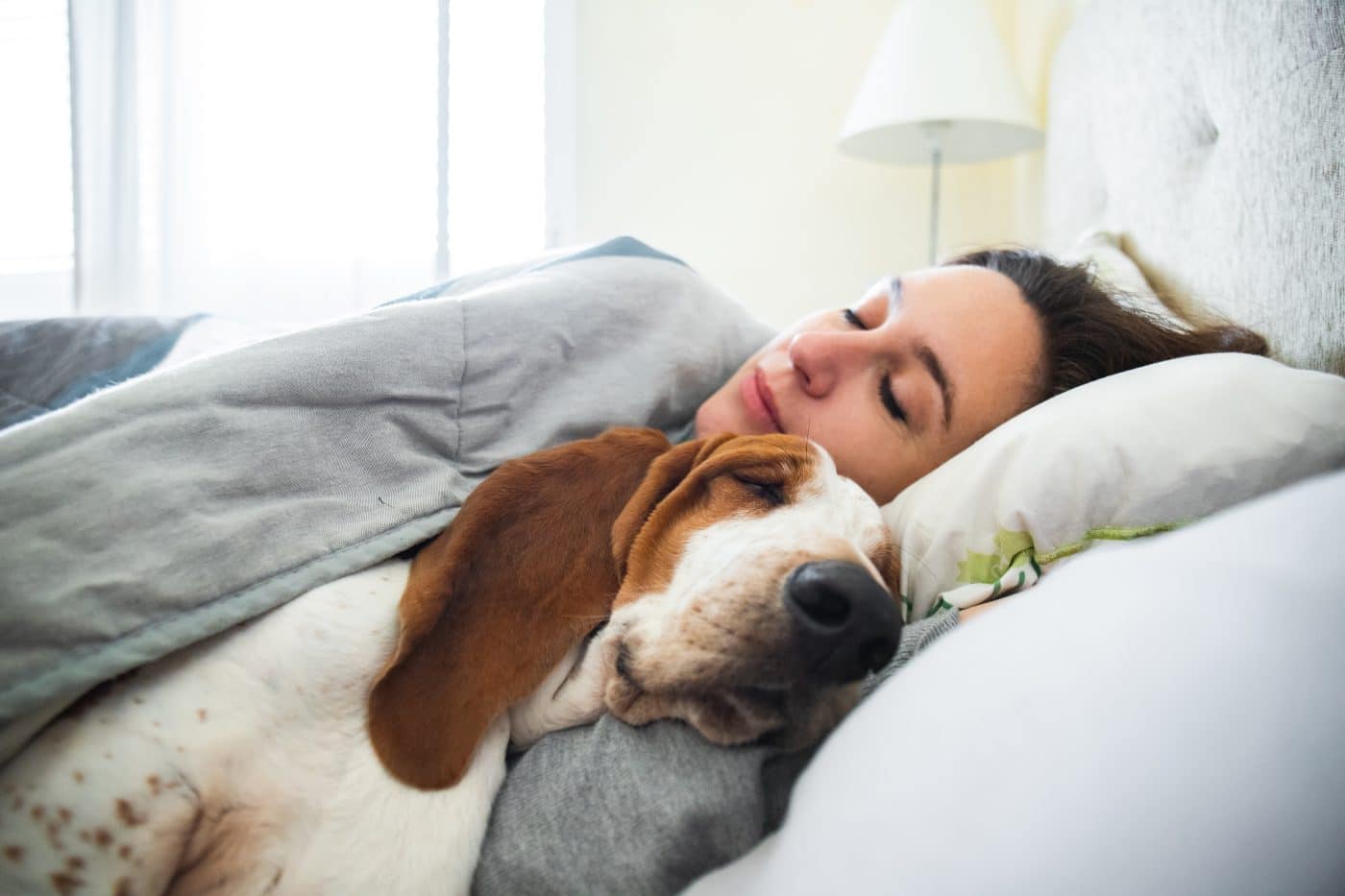 Shutterstock
Shutterstock
As your dog ages, they may become more sensitive to temperature changes, and their mobility may decrease. Make sure your dog’s living environment is comfortable, warm, and easy to navigate. Avoid slippery floors, as they can cause falls, especially in dogs with arthritis. Orthopedic beds, which provide support for aging joints, can help your dog sleep better and stay comfortable. If your dog is prone to cold weather, consider getting them a dog sweater or blanket. A comfortable environment will help your senior dog feel more relaxed and at ease in their golden years.
Keep Them Socialized
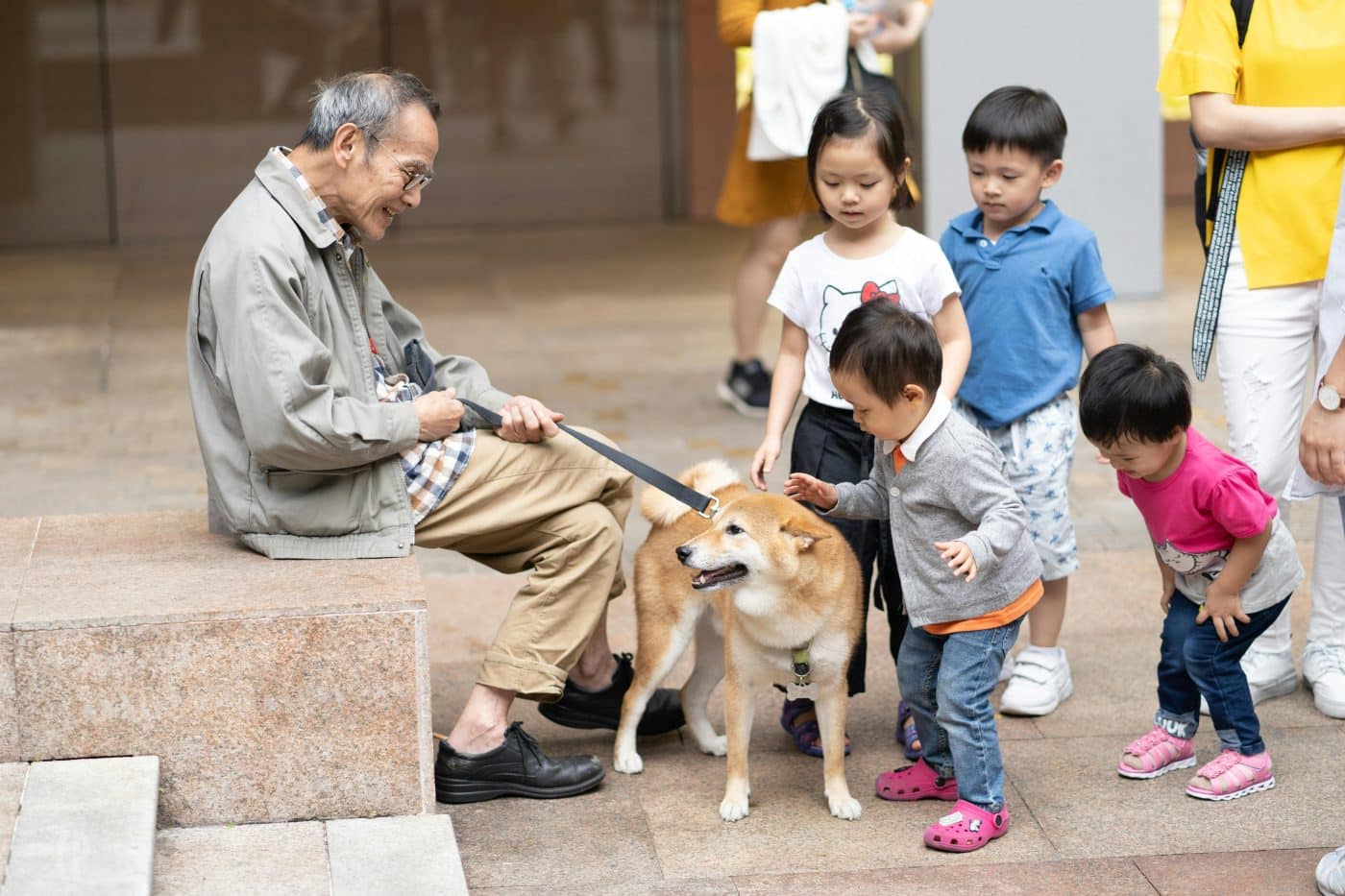 Shutterstock
Shutterstock
Even as your dog ages, it’s important to maintain their social interactions with people and other dogs. Socialization helps prevent behavioral issues and keeps your dog mentally and emotionally healthy. While they may not have the same energy for playdates or dog parks as they once did, maintaining regular social interactions is important for their well-being. Gentle, controlled exposure to new environments, people, and other dogs helps prevent isolation and keeps your dog’s mind sharp. Plus, it’s great for their overall happiness to keep meeting new friends!
Still Young at Heart
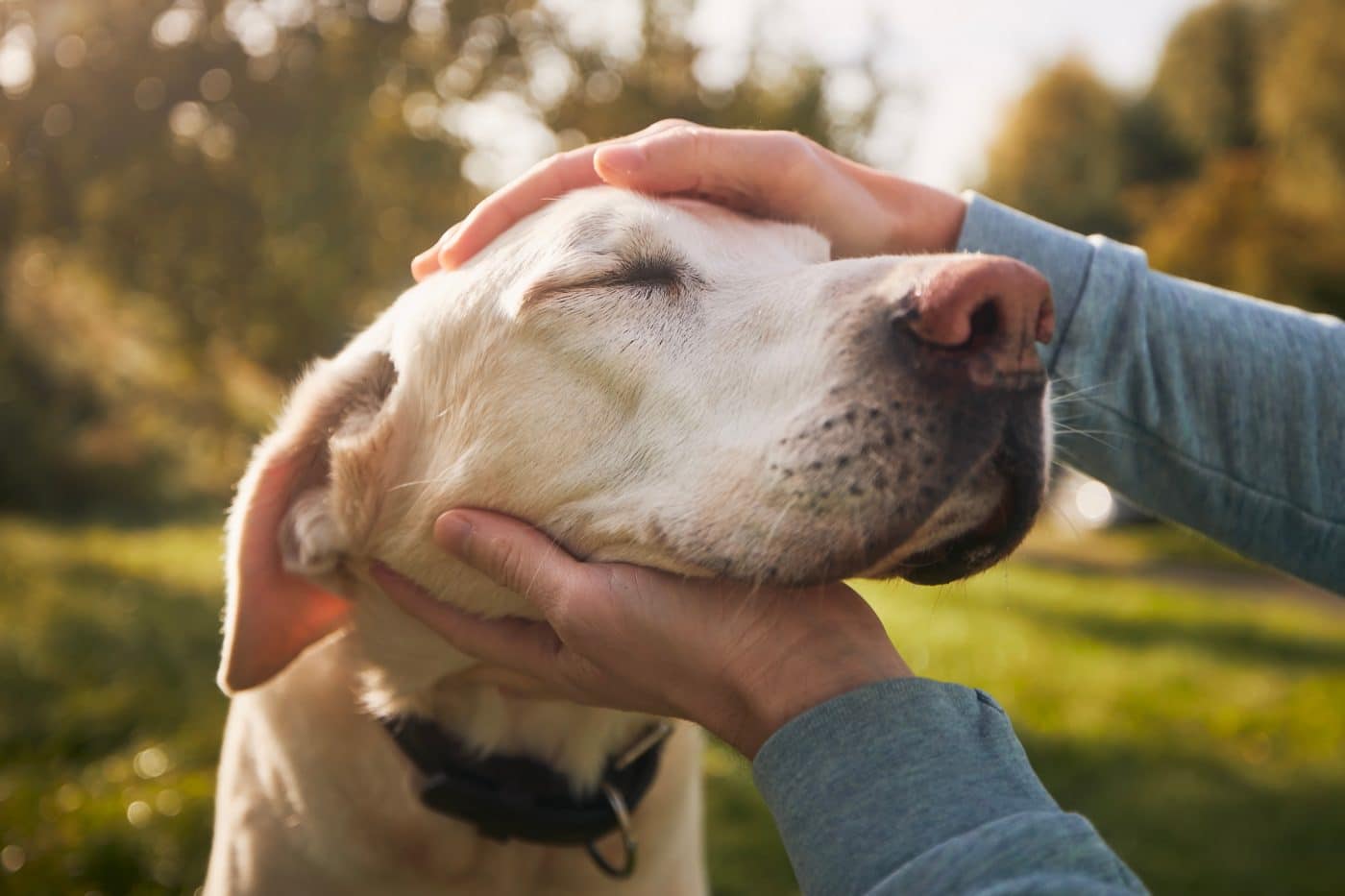 Shutterstock
Shutterstock
Keeping your senior dog healthy is all about meeting their changing needs with care and attention. Regular vet visits, a balanced diet, and mental and physical exercise help them age gracefully. Joint support, proper hydration, grooming, and comfortable living space are key to their well-being. While they may slow down, senior dogs are still full of love and joy. Treat them with the respect and care they deserve, and they’ll continue to be your loyal, affectionate companion for many years.

 1 day ago
4
1 day ago
4
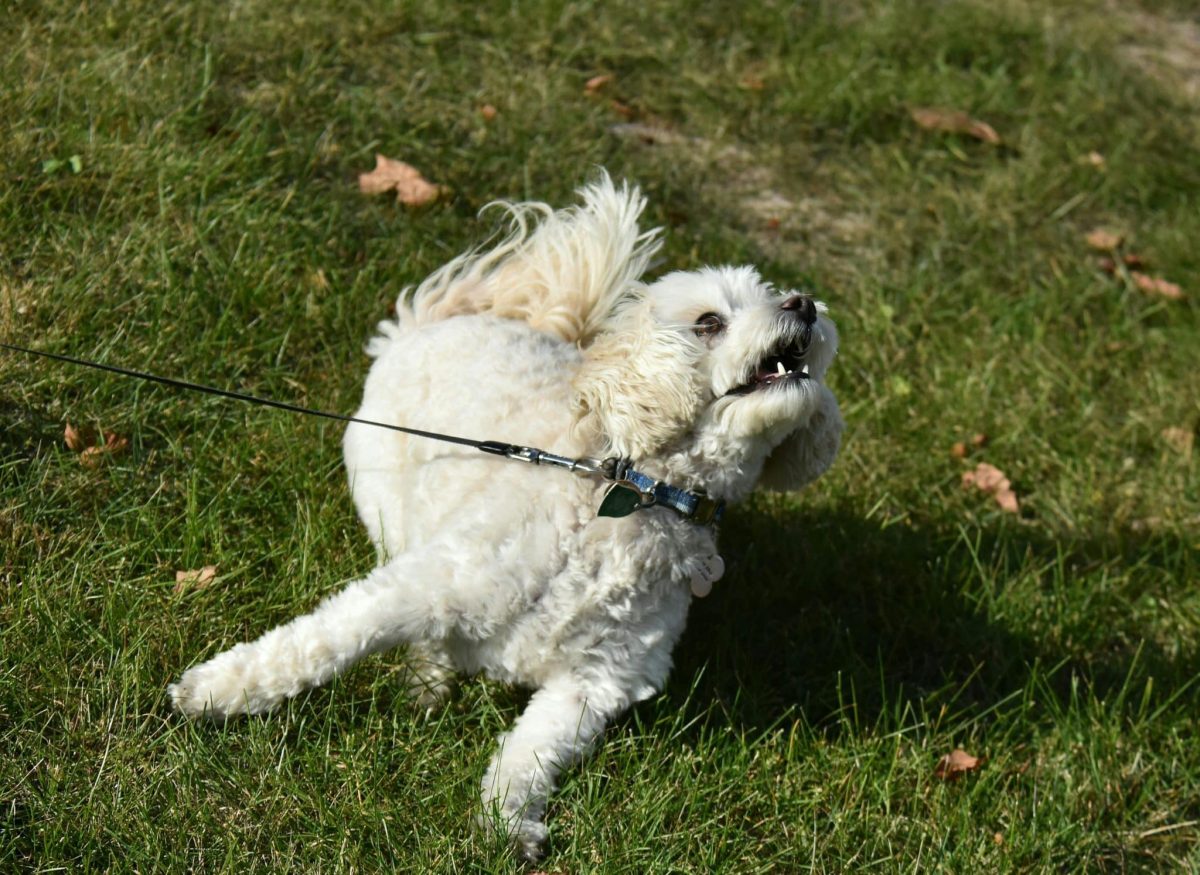

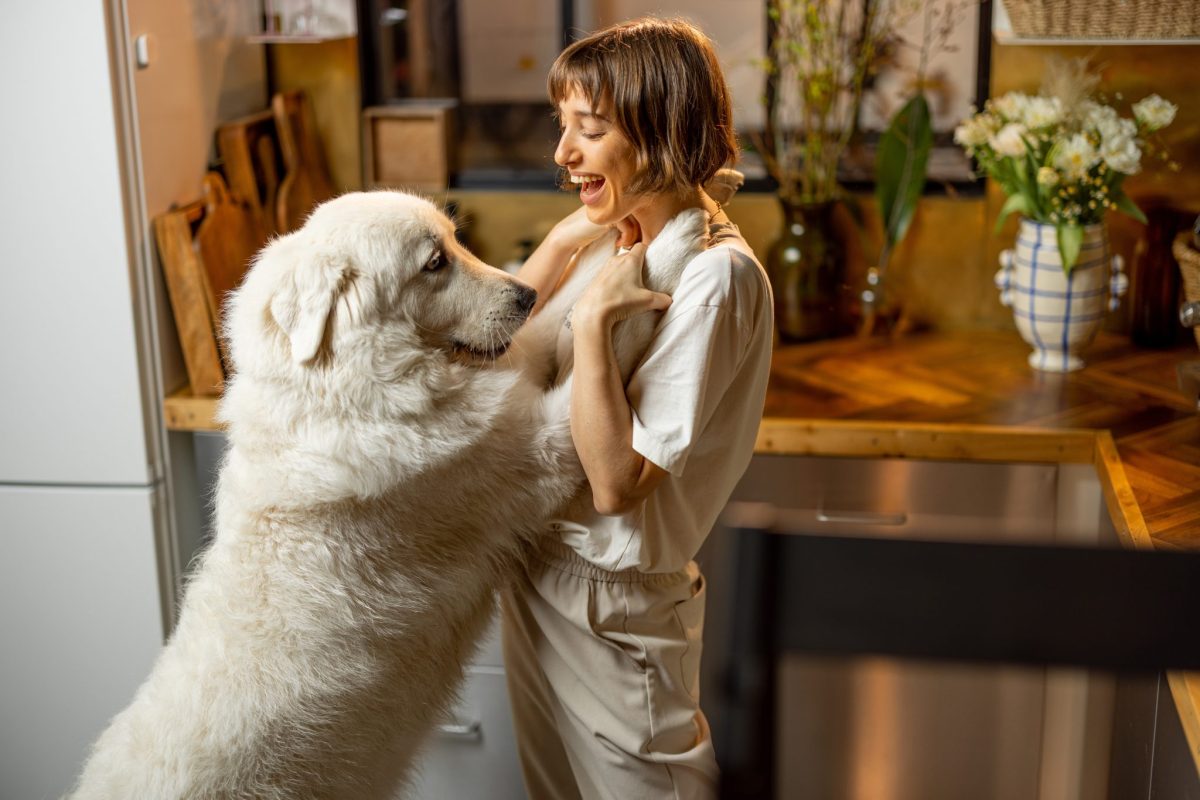
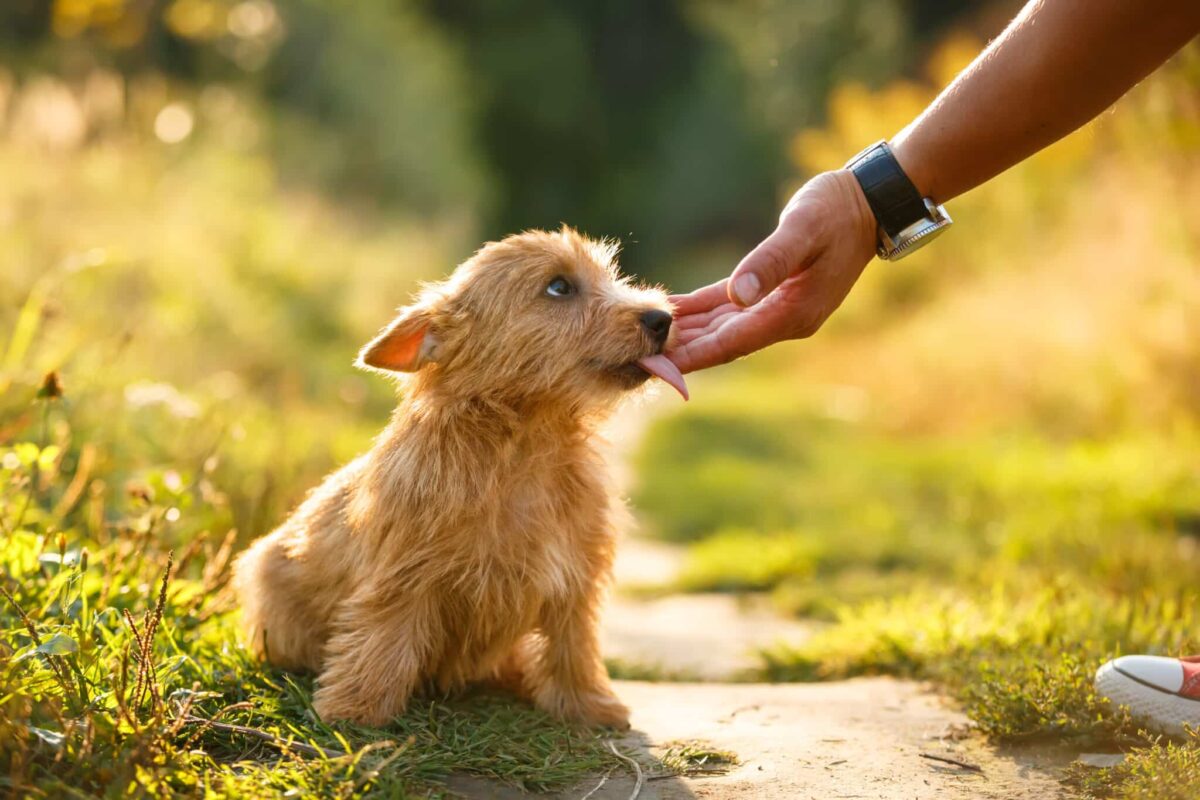
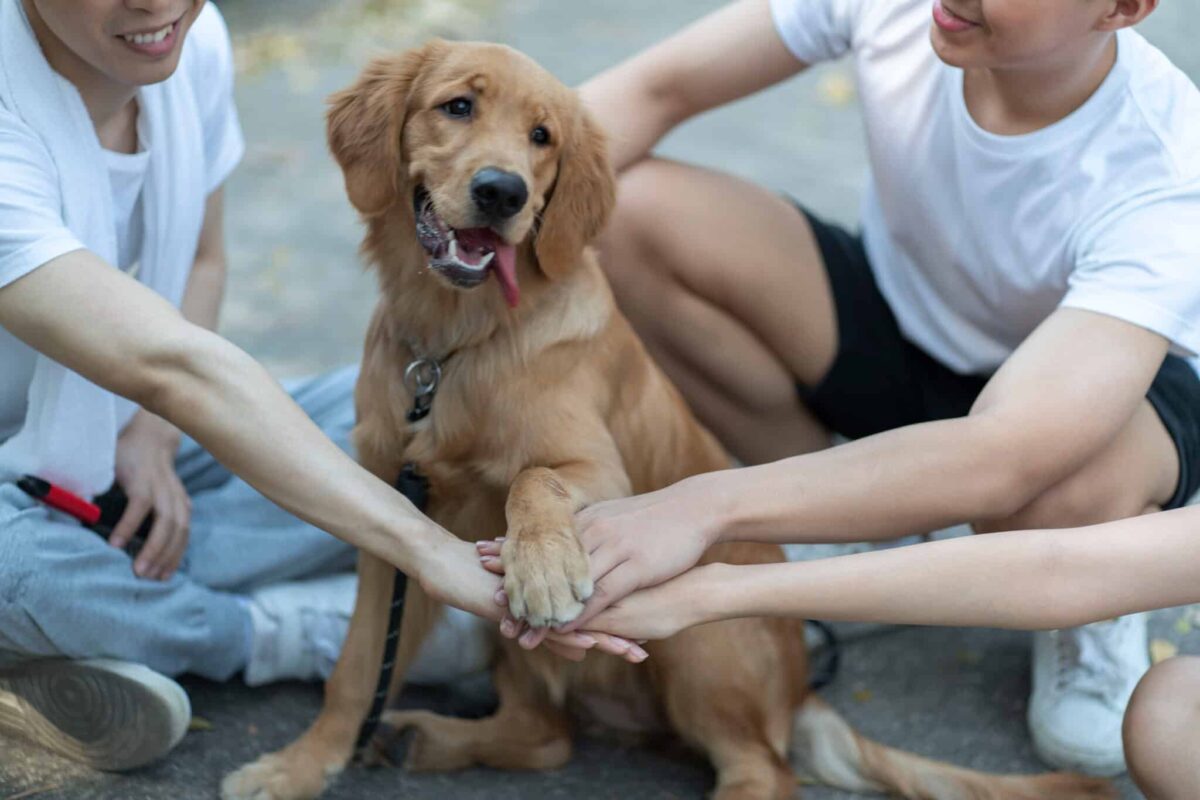
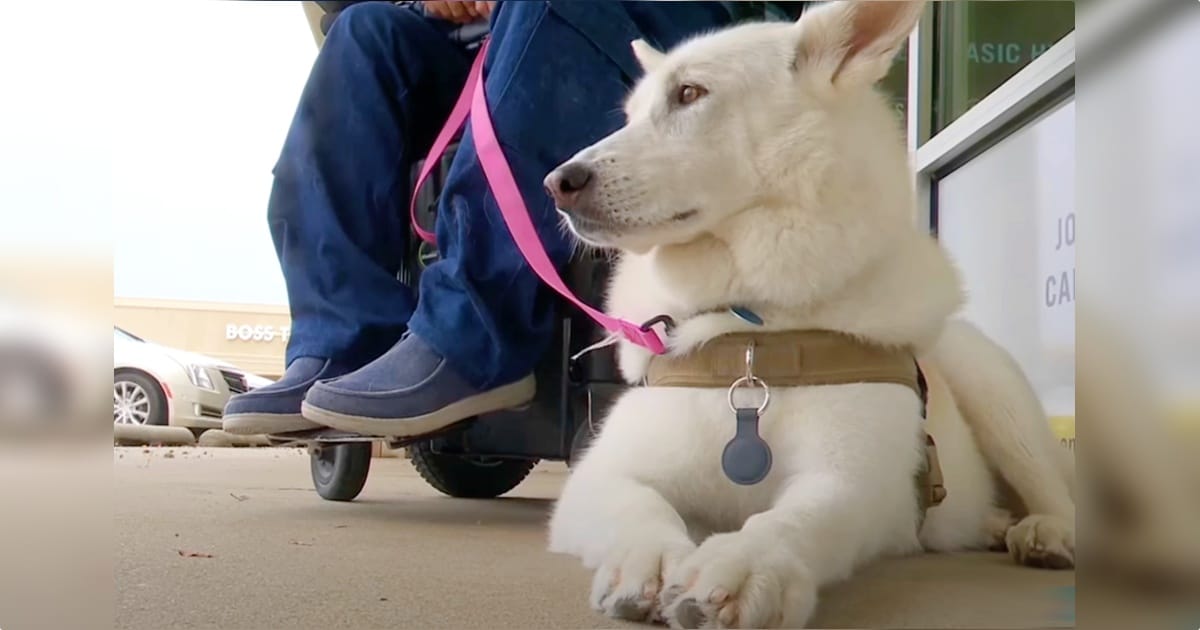
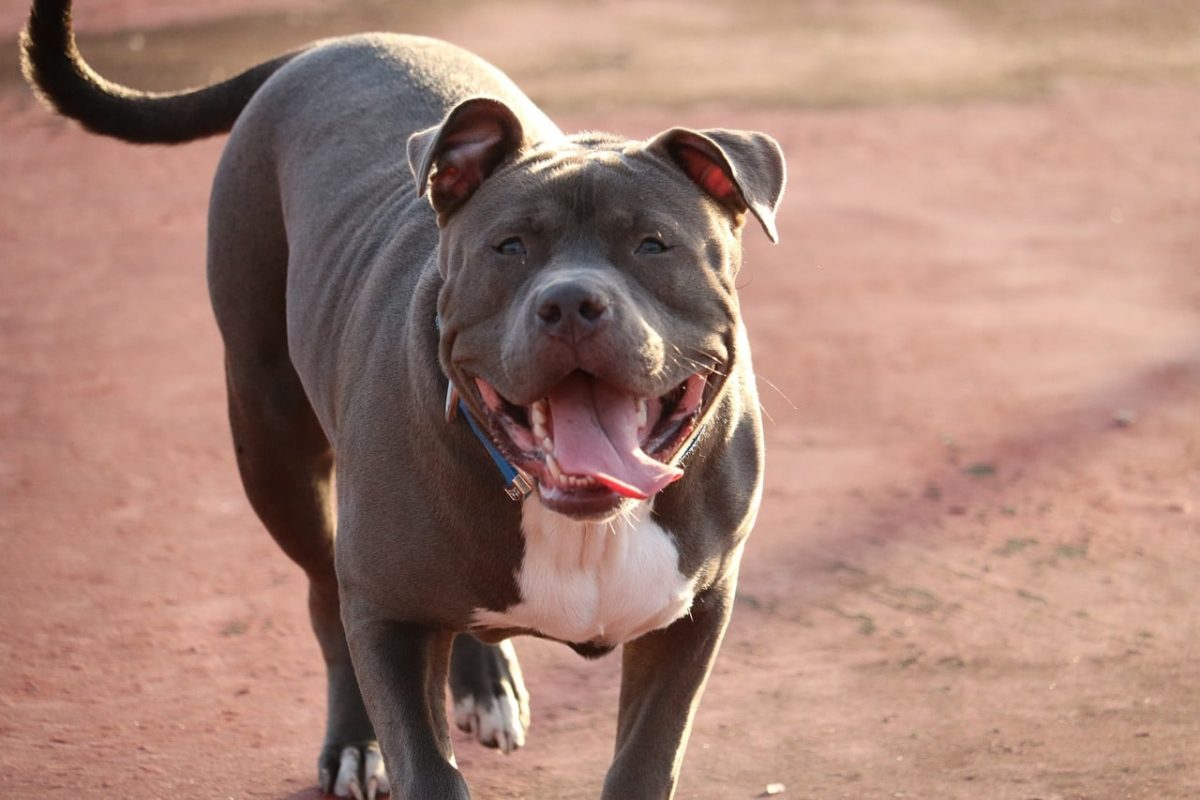
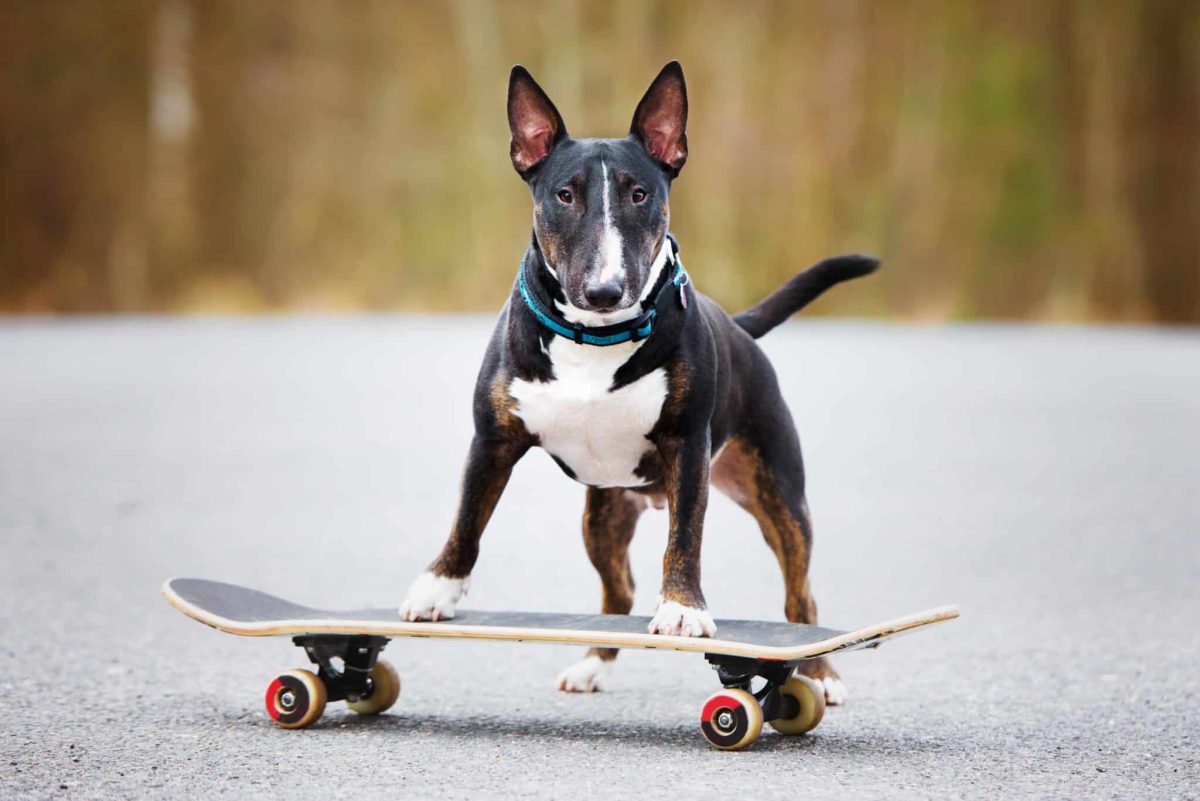

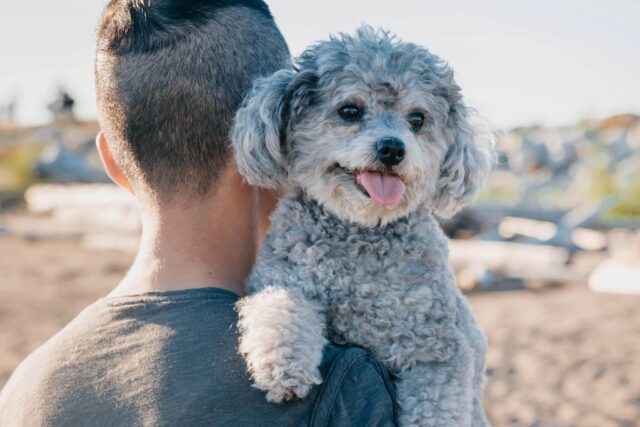
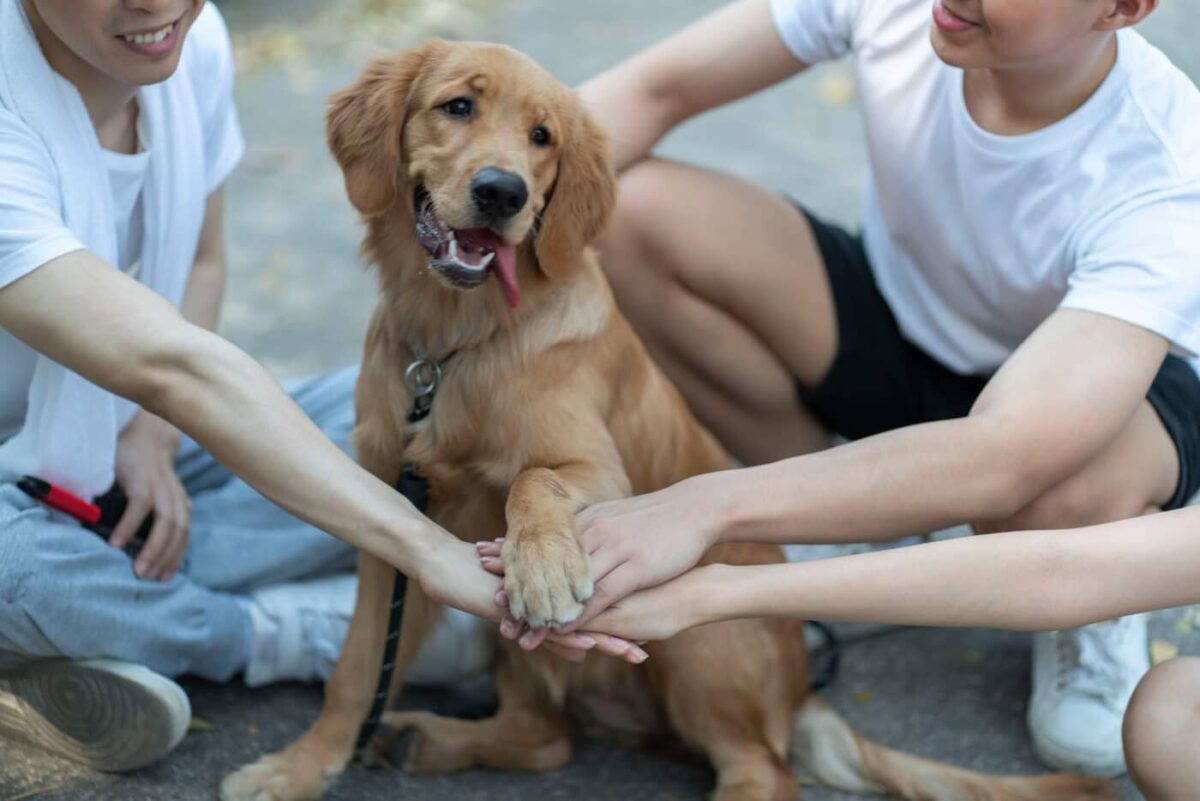
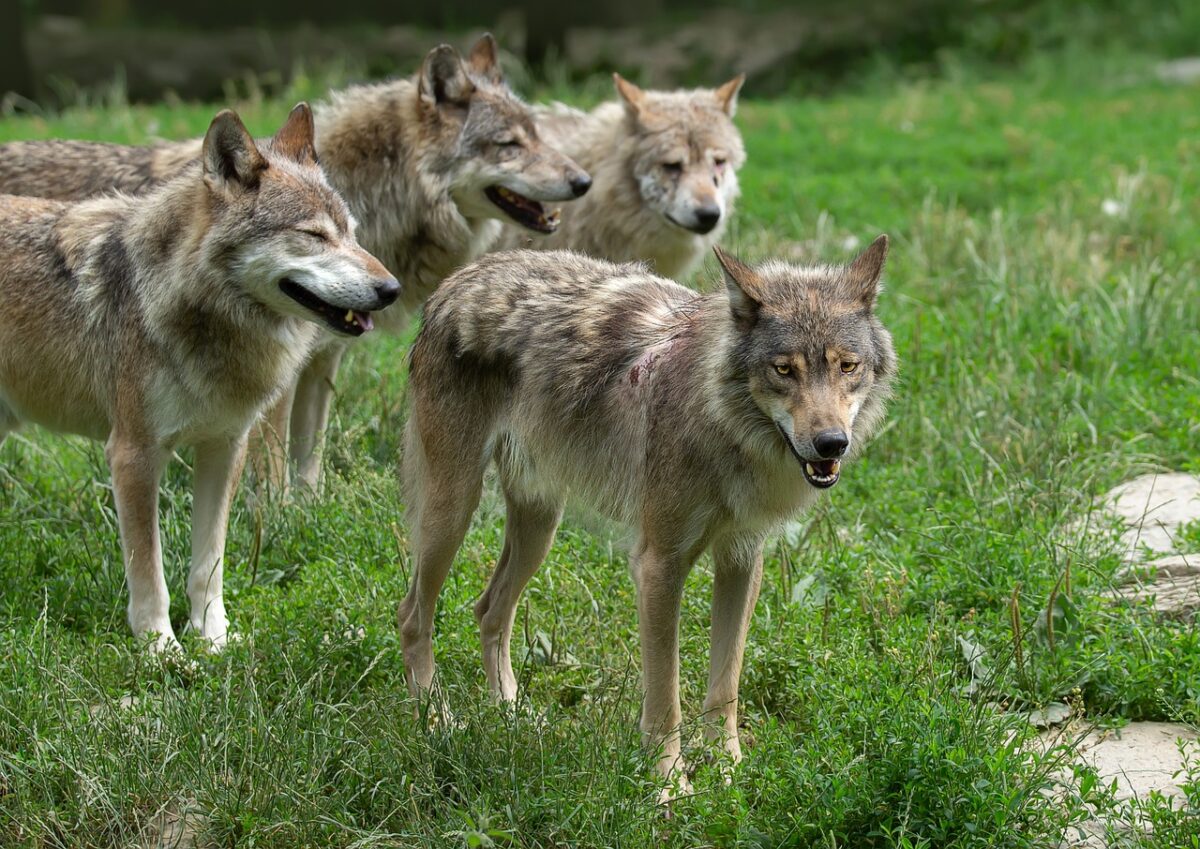
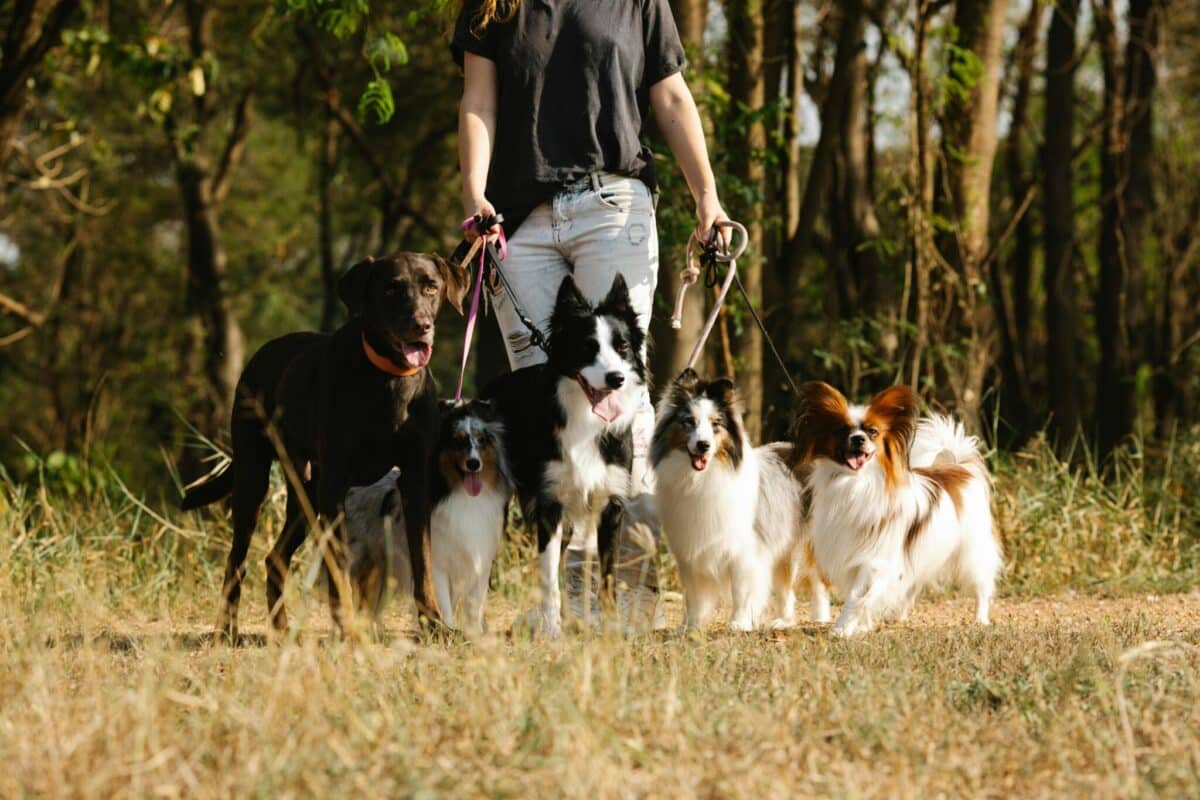
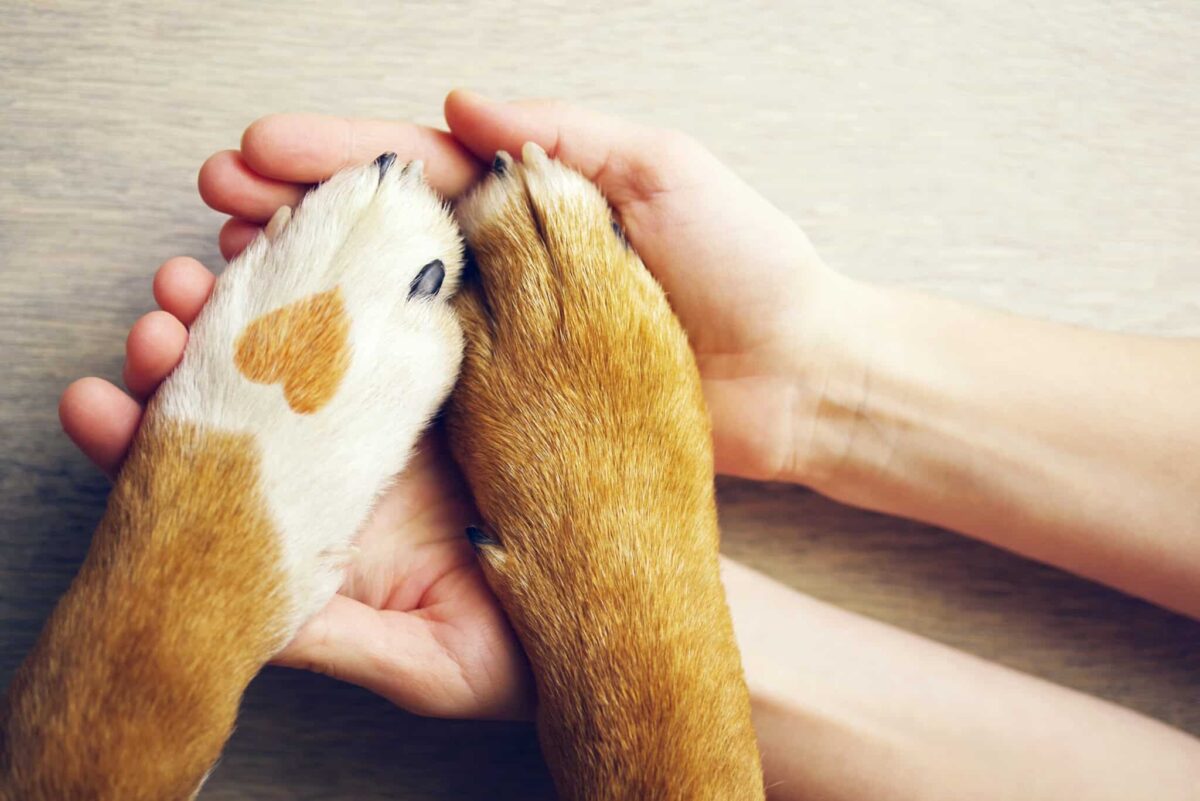

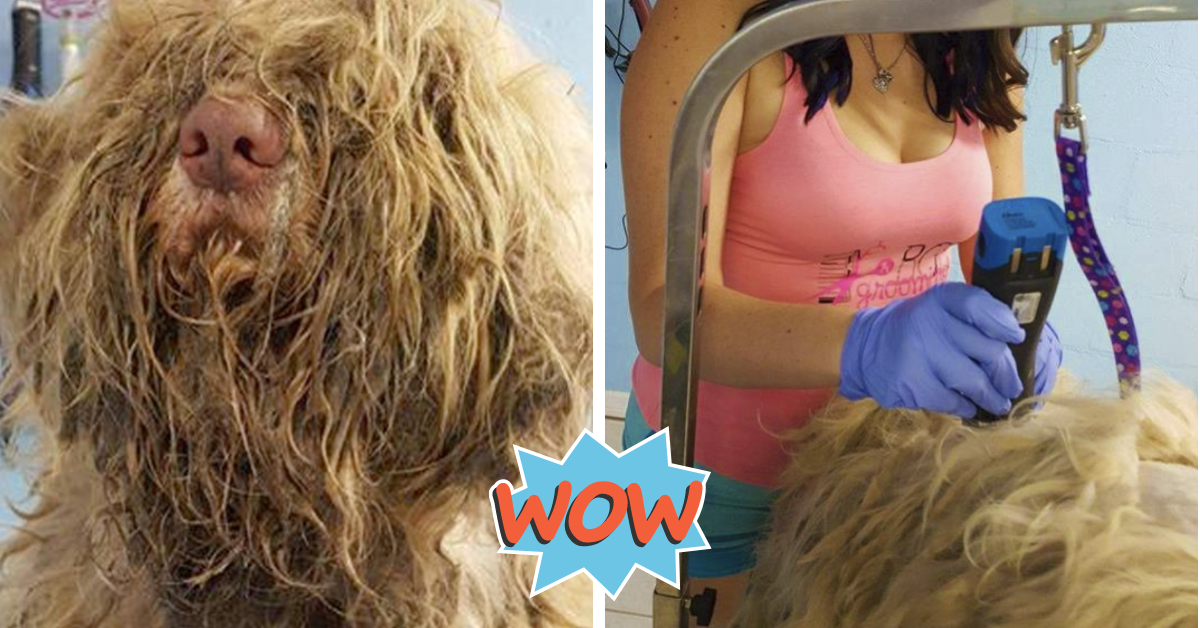
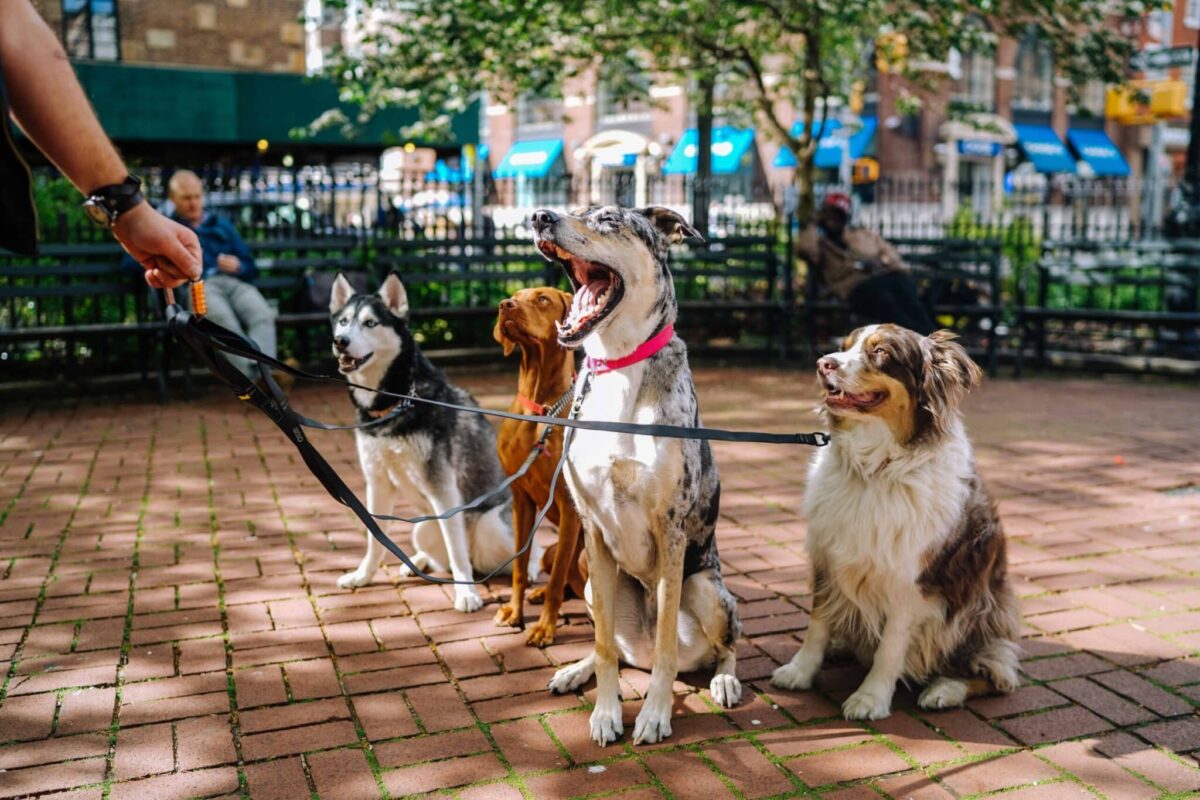

 English (US) ·
English (US) ·